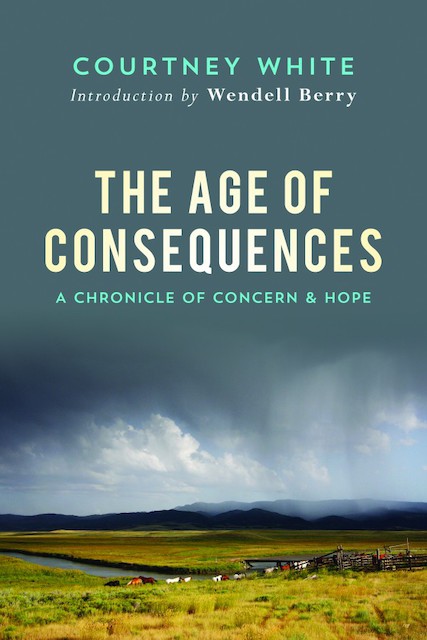Book Review - The Age Of Consequences: A Chronicle Of Concern And Hope
Book Review - The Age Of Consequences: A Chronicle Of Concern And Hope

Latest Article|September 3, 2020|Free
::Making Grown Men Cry Since 1992



